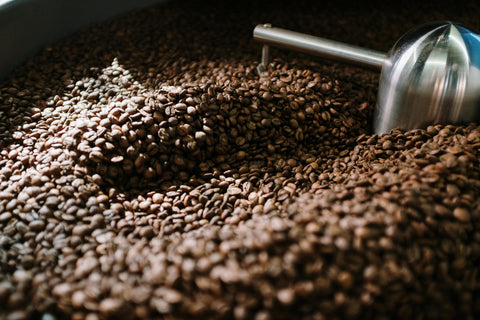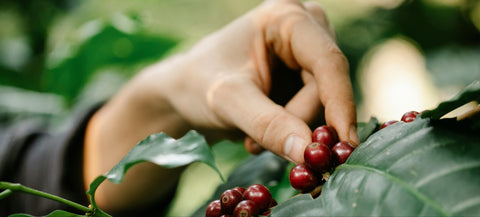Who are we?
Public wants to increase the visibility of specialty coffee
Public was created because of our love for specialty coffee and the exceptional work of roasters.
We want to provide a platform for roasters to showcase their products and increase their visibility to consumers.
At Public, we operate differently to ensure our products are delivered to you in optimal condition. When you place an order on our website, it is transferred directly to the roaster in question, and we take care of collecting all the bags to send your products to you in a single box.
By operating this way, we can ensure optimal coffee freshness and offer you a constantly evolving product catalog. Additionally, this approach allows us to quickly expand our catalog to offer you an unparalleled selection. This approach is optimal for maintaining a quality and fresh product, but may result in some delivery delays.
What is specialty coffee?
Specialty coffee refers to high-quality coffee, usually grown under optimal conditions and carefully harvested to preserve its unique flavor . These coffees are distinguished by their traceability, meaning that the precise origin of the beans (country, region, farm) is known, as well as the cultivation and processing methods used.
When a coffee is classified as "specialty," it has achieved a score of at least 80 points out of 100 according to the Specialty Coffee Association (SCA) standards. This ranking is based on criteria such as complexity of flavor, acidity, body, balance, and the absence of defects in the bean.
Specialty coffees are often artisan roasted to bring out distinct flavor profiles, with notes ranging from fruity, floral, and spicy to chocolatey or caramel. Roasters and baristas typically work closely with producers to ensure exceptional quality at every stage, from farm to cup.
This type of coffee is also distinguished by its sustainable and ethical approach. Producers are often fairly compensated for their work, with an emphasis on direct and fair trade. Organic or environmentally friendly cultivation is also an aspect frequently associated with specialty coffees.















